The recent court appearance of Hunter Biden, son of President Joe Biden, saw the dramatic unraveling of his proposed plea deal. Judge Maryellen Noreika rejected the agreement, citing concerns about its unusual provisions and potential unconstitutionality. This unexpected turn of events raises questions about the future of the ongoing federal investigation and its political ramifications.
The initial plea deal involved guilty pleas to two misdemeanor tax charges and a pretrial diversion agreement for a felony gun charge. However, Judge Noreika questioned the diversion clause, particularly the immunity it seemingly granted Hunter Biden and the judge's role in potential breaches. The judge expressed concern that the agreement would require her to make a factual determination about potential breaches, a responsibility she viewed as belonging to the executive branch.
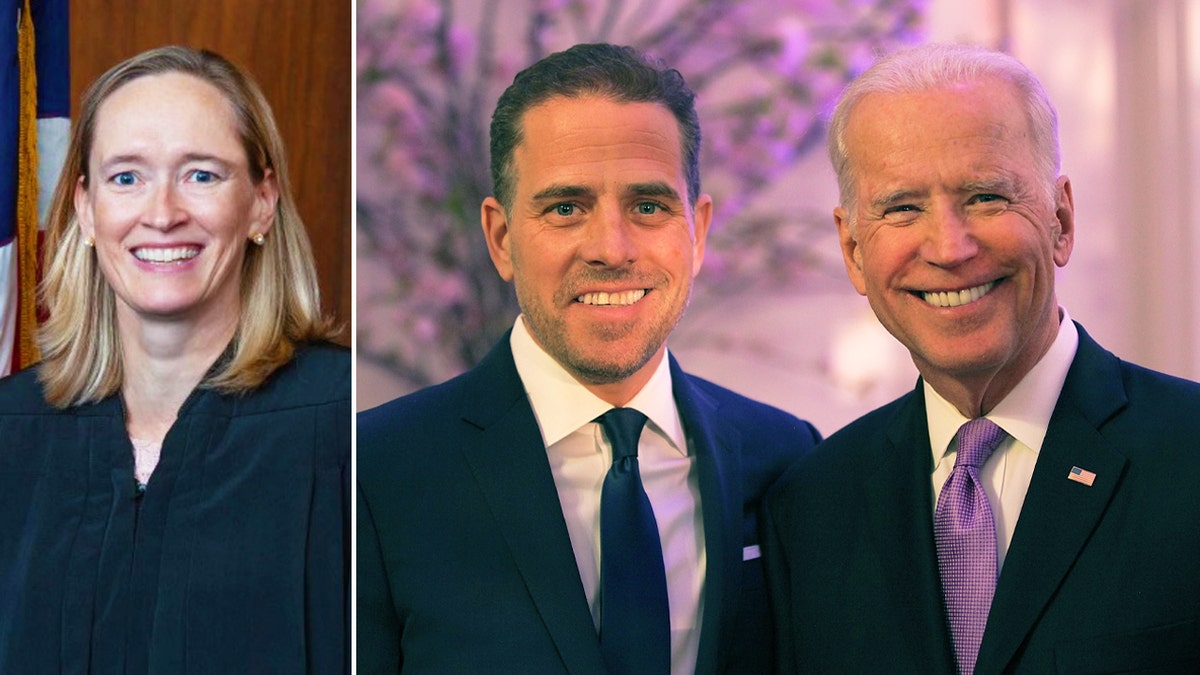
During the proceedings, Hunter Biden admitted to receiving over $600,000 from a Chinese Communist Party-backed company. This revelation contradicts President Biden's past assertions that no one in his family profited from China, creating a potential political vulnerability. The admission centers around Hunter Biden's involvement with a company he formed in 2017 with the chairman of CEFC, a CCP-backed energy company.
The plea deal further unraveled when the judge questioned the scope of Hunter Biden's immunity. His legal counsel declared the deal "null and void" upon realizing it didn't offer the broad immunity they expected. The disagreement arose when the prosecution confirmed the possibility of future charges under the Foreign Agents Registration Act, which was not covered by the proposed agreement.
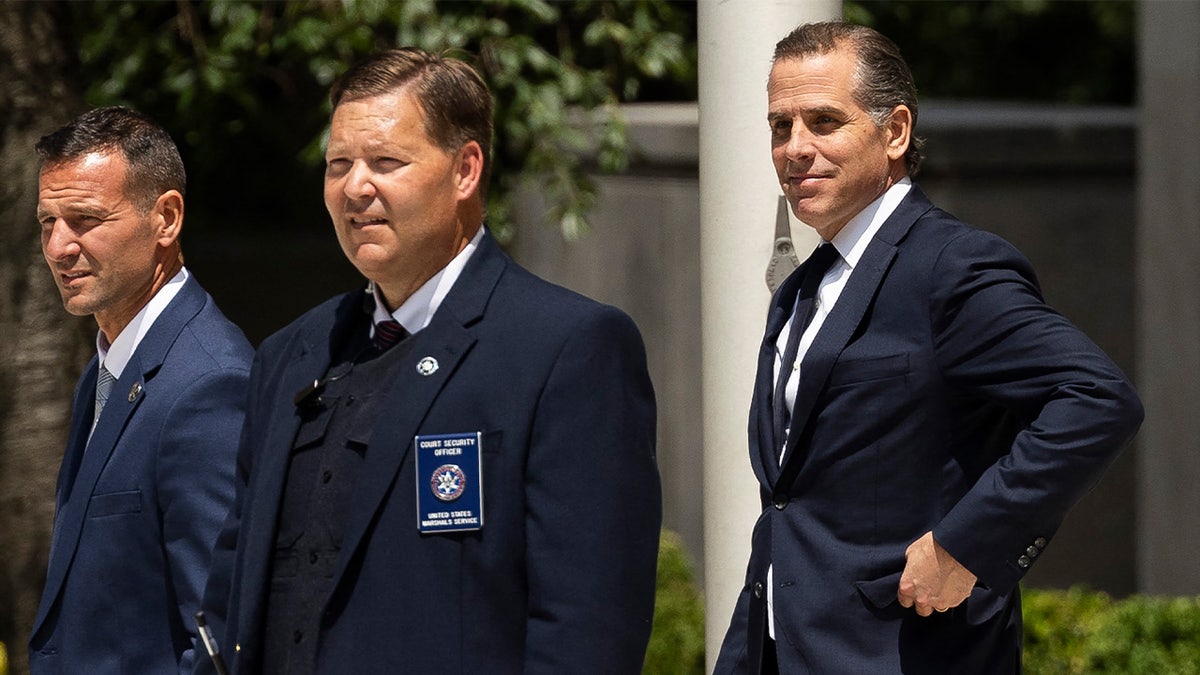
Judge Noreika ultimately rejected the plea deal, accusing both parties of attempting to force her approval without proper consideration. She expressed discomfort with the non-standard provisions and the attempt to place her in the middle of the diversion agreement, while simultaneously excluding her from aspects she would typically review in a plea agreement.
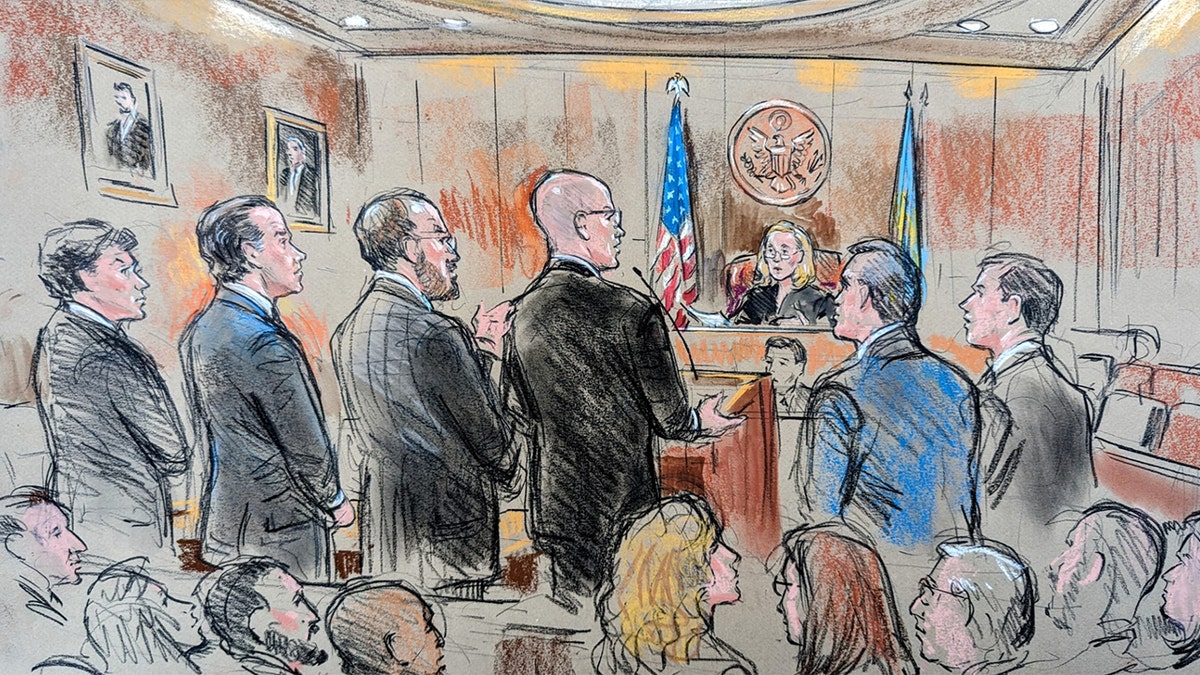
The rejection of the plea deal has been met with mixed reactions. House Republicans see it as a victory for the rule of law, while others express skepticism about the Department of Justice's willingness to aggressively pursue the case. The possibility of jail time for Hunter Biden is now back on the table, and the future legal strategy remains uncertain. The judge's decision raises questions about the potential for a more stringent plea bargain or a full trial.
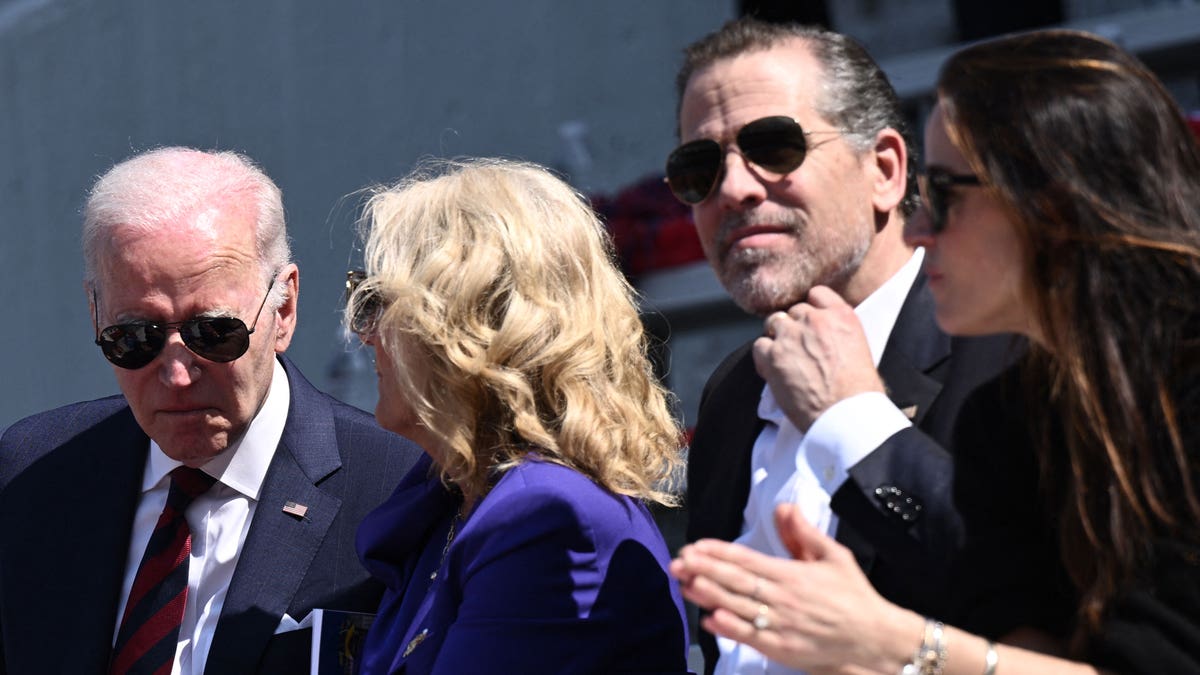
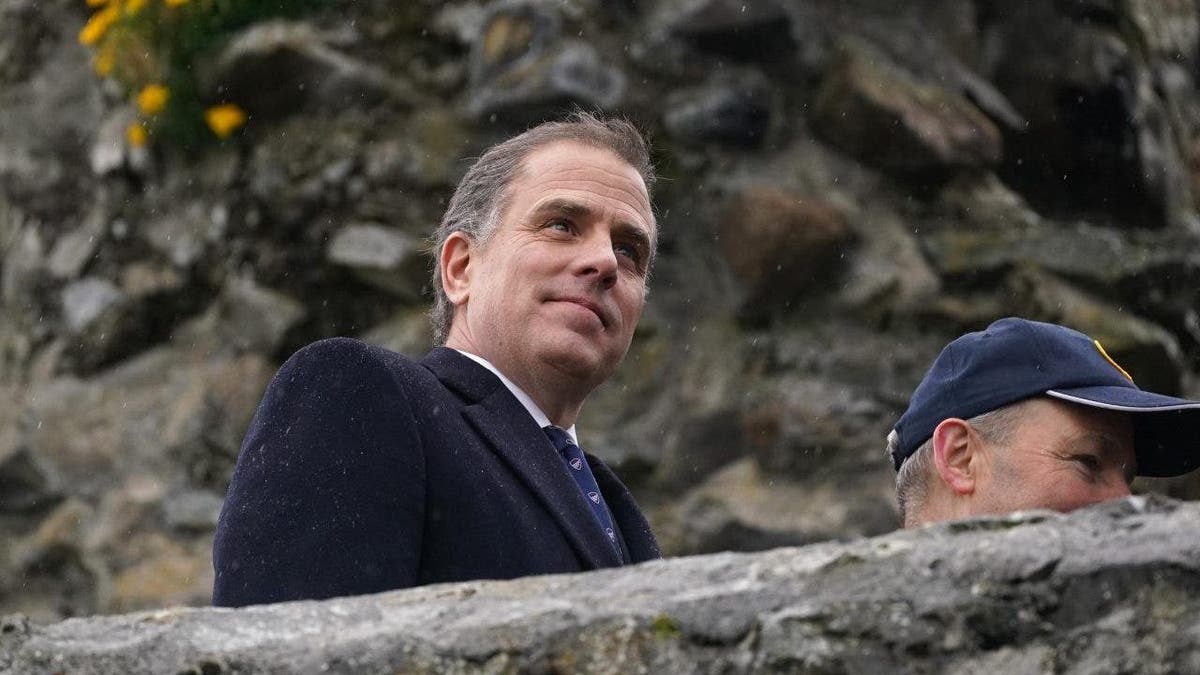
This unfolding legal drama continues to draw significant attention, given its potential implications for both Hunter Biden and the political landscape surrounding his father's presidency.
Comments(0)
Top Comments